Oleg Cojocaru a tradus pentru paginaderusia.ro un articol publicat de Dmitri Sincenko pe site-ul în limba rusă al Europei Libere intitulat “De ce a creat Putin ISIS?” (15 iunie 2015)
Articolul vorbește despre dezertarea colonelului Gulmurod Halimov din Ministerul de Interne Tadjic și înrolarea acestuia în gruparea teroristă Statul Islamic (ISIS), “în semn de protest față de modul de lucru al Ministerului de Interne tadjic, care nu permite citirea de rugăciuni și purtarea hainelor islamice”.
Europa Liberă reproduce un text scris de Gulmurod Halimov, în care acesta explică motivele trecerii sale de partea ISIS și legăturile dintre terorismul rus în Ucraina și terorismul islamic:
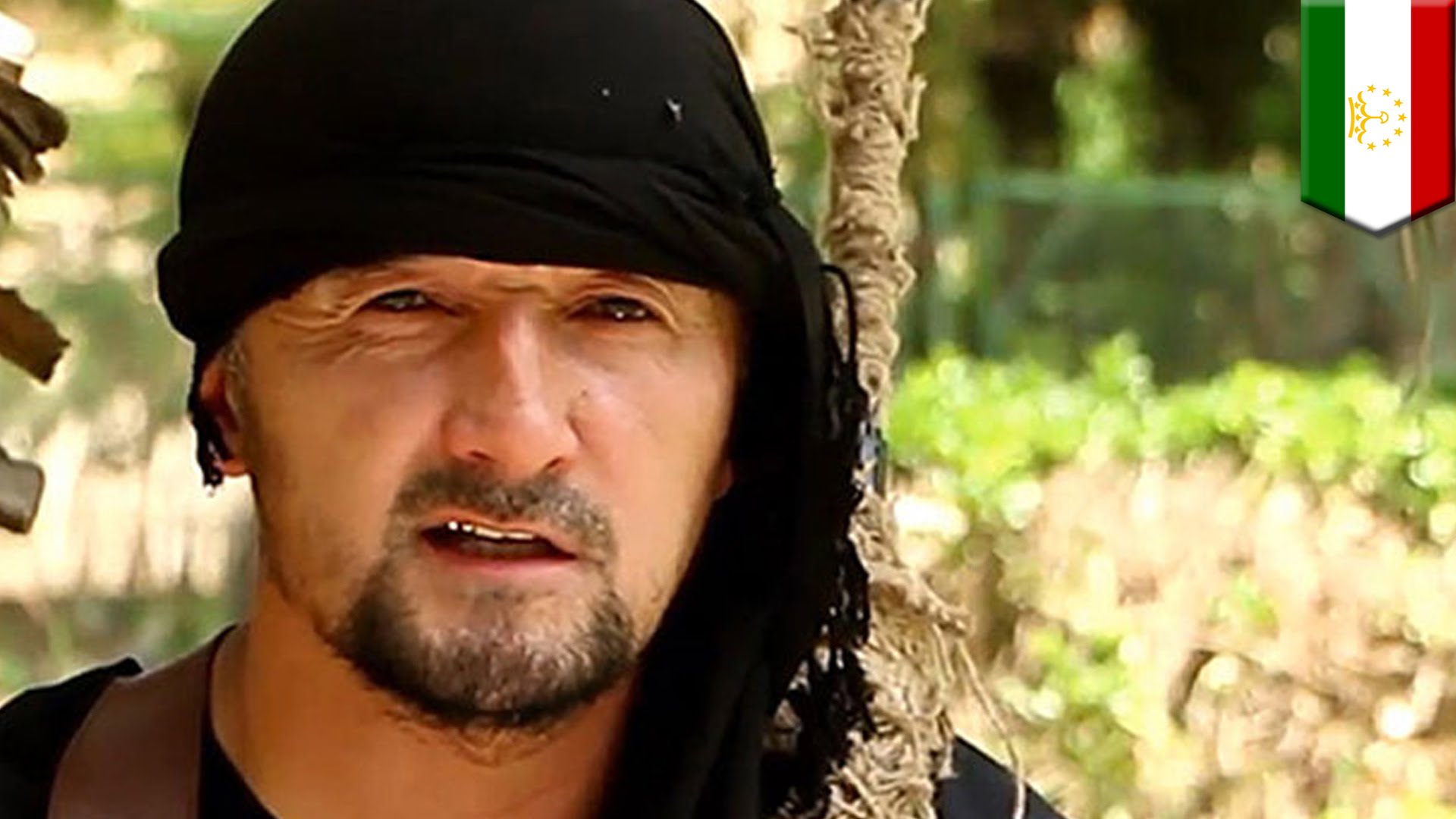
„Analiștii rareori leaga cele două războaie – ucrainean și din Orientul Mijlociu, în ciuda faptului că acestea au multe în comun.
1. În ambele războaie lupta se desfasoara împotriva armatelor teroriste;
2. Ambele armate teroriste sunt format în principal în afara granitelor țărilor care lupta;
3. Ambele armate teroriste sunt sprijinite de Moscova.
Ultimul punct, de regula cauzeaza cele mai multe probleme. Și dacă în cazul război ucraineano-rus totul pare a fi clar, ramane intrebarea de ce Putin ar susține terorismul islamic.
la prima vedere, ISIS luptă şi împotriva aliaților Rusiei – regimul Assad din Siria și forțele iraniene din Irak. De ce să creezi de la zero o noua grupare terorista, dacă puteți utiliza în același scop regimurile autoritare ale statelor prietene?
Raspunsul este foarte simplu. De fapt, aliații nu sunt chiar atât de prietenoși – nu sunt de încredere. În ciuda prieteniei declarate, fiecare stat are propriile interese și de multe ori acestea se contrazic.
În același timp, avantajul absolut al statelor cvasi-teroriste este invulnerabilitatea lor în fața sancțiunilor internaționale, pentru că ele, formal, nu sunt state.
Ce beneficii practice are Rusia de pe urma războiului din Orientul Mijlociu?
– Cu cat mai multe state petroliere sunt implicate in razboi, cu atat mai tare creste prețul petrolului.
– Pentru a distrage atenția Occidentului de la războiul din Ucraina. De exemplu, asistența SUA pentru combaterea ISIS este de cateva ori mai mare decât asistența acordata Ucrainei în războiul cu Rusia și formațiunile sale teroriste din Donbas.
– În plus, atacurile teroriste ale islamiștilor din Europa consolideaza poziția partidelor de extremă dreaptă, care sunt, de asemenea, susținute de Rusia.
– ISIS este utilă pentru ca îi atrage pe teroriștii musulmani ruși să se manifeste departe de Rusia;
– Slăbirea mișcărilor de eliberare națională din Federația Rusă.
– Crearea unui Centru al terorismului internațional.”
Țările și națiunile europene nu ar trebui să fie surprinse, dacă, să spunem, la anul, în primăvară, apare o masivă mișcare politică islamistă, o primăvară islamică în Europa, care va destabiliza țările europene și va consuma energia și atenția liderilor europeni, în timp ce Putin va încerca să-și ducă la capăt proiectele sale neo-imperiale.
Gulmurod Halimov nu este singurul care vorbește despre modul în care Rusia profită de pe urma instabilității create de Statul Islamic:
Pe 27 noiembrie 2014, Andrei Ilarionov, fost consilier al lui Vlaimir Putin, spunea într-un interviu dat unei televiziuni din Polonia că ” Țările și națiunile europene nu ar trebui să fie surprinse, dacă, să spunem, la anul, în primăvară, apare o masivă mișcare politică islamistă, o primăvară islamică în Europa, care va destabiliza țările europene și va consuma energia și atenția liderilor europeni, în timp ce Putin va încerca să-și ducă la capăt proiectele sale neo-imperiale.“
Aceeași idee a fost susținută, pe 28 august 2015, de Generalul în rezervă Constantin Degeratu, fost șef al statului major, la Adevărul Live, referindu-se la criza migranților din Europa, în aceste zile: “Ceea ce se întâmplă acum este o componentă a acestei agresiuni a non-democraţiei din zona estică, rusească, şi Orientul Apropiat, împotriva Europei, împotriva Uniunii Europene. Este o parte a acestei crize care a făcut ca nimeni să nu mai vorbească despre agresiunea rusă. Statul Islamic şi criza refugiaţilor a acoperit complet problema agresiunii ruse, este componenta acestui război. “
P.S.
IQ-test for France, Germany, Italy, etc: Find 10 differences of camouflage dresses of ISIL and Russian terrorists pic.twitter.com/ic9u8wtilN
— Radio Lemberg (@RadioLemberg) 14 ianuarie 2015
Citiți și: General sirian: Rusia instruiește fanatici care apoi îngroașă rândurile Statului Islamic
„Ofițerii ruși sunt în mod constant prezenți în unitățile armatei siriene, susțin regimul lui Bashar Assad, lupta de partea lui.
Rusia are un interes în tulburările din Siria. În Rusia există patru centre de pregătire militară, în care sunt instruiți fanatici care apoi îngroașă rândurile armatei statului islamic (ISIS). Printre cei instruiți sunt și ceceni.”
 Puteți sprijini activitatea noastră cu o donație unică sau una recurentă prin Patreon.
Puteți sprijini activitatea noastră cu o donație unică sau una recurentă prin Patreon.



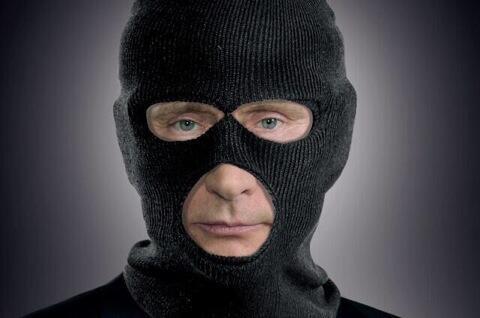




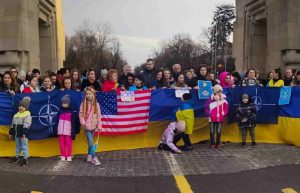
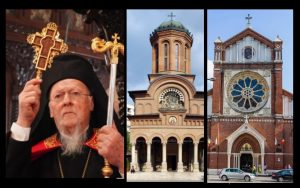
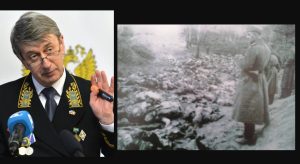

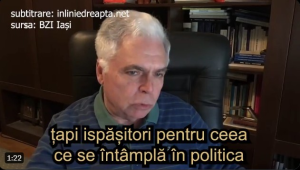
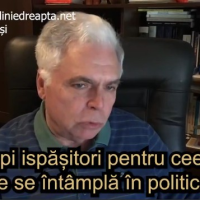
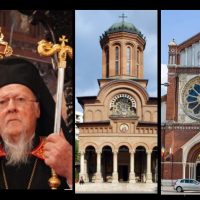
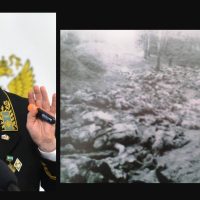

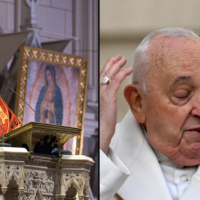
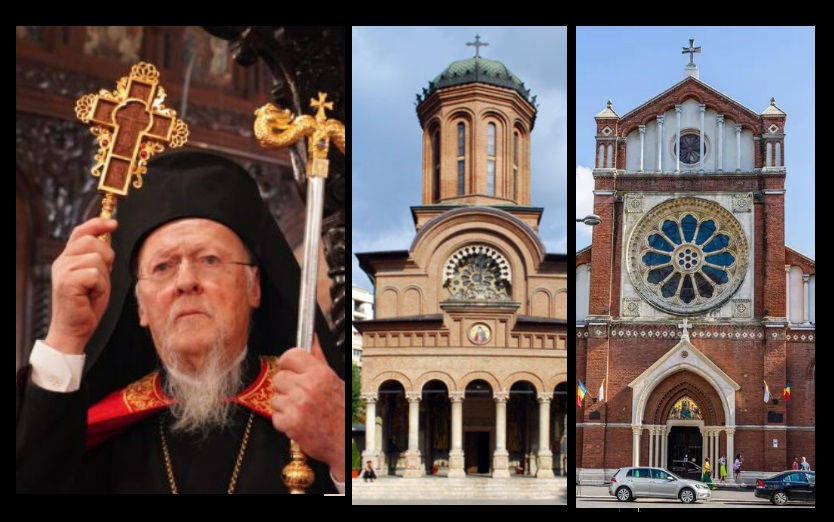
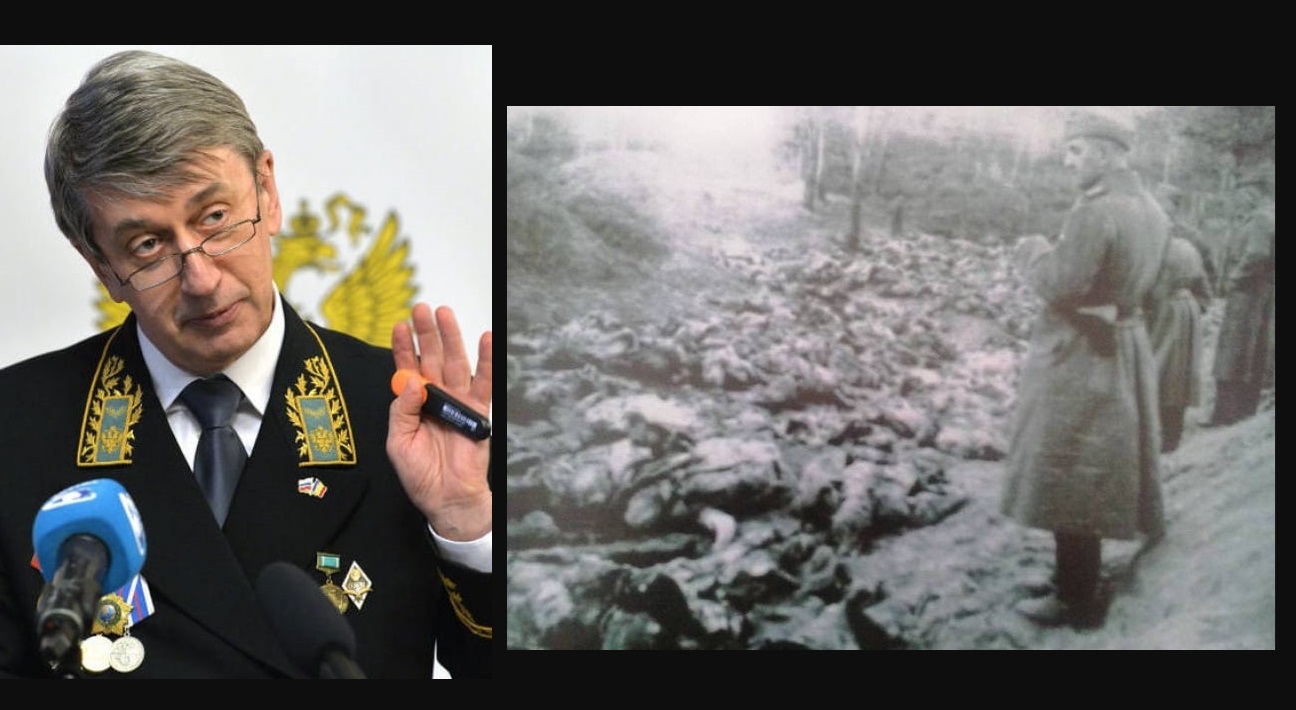
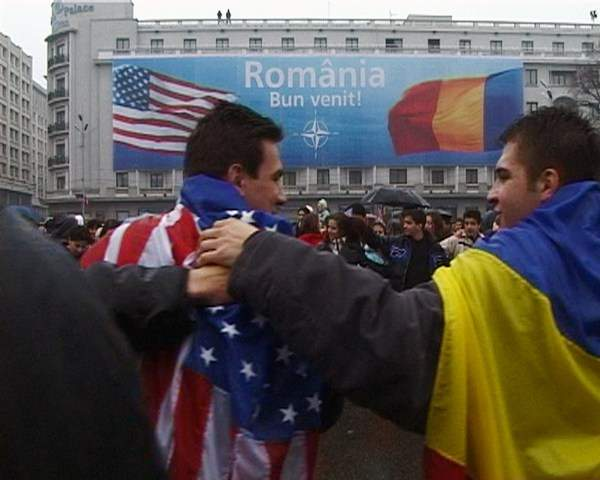
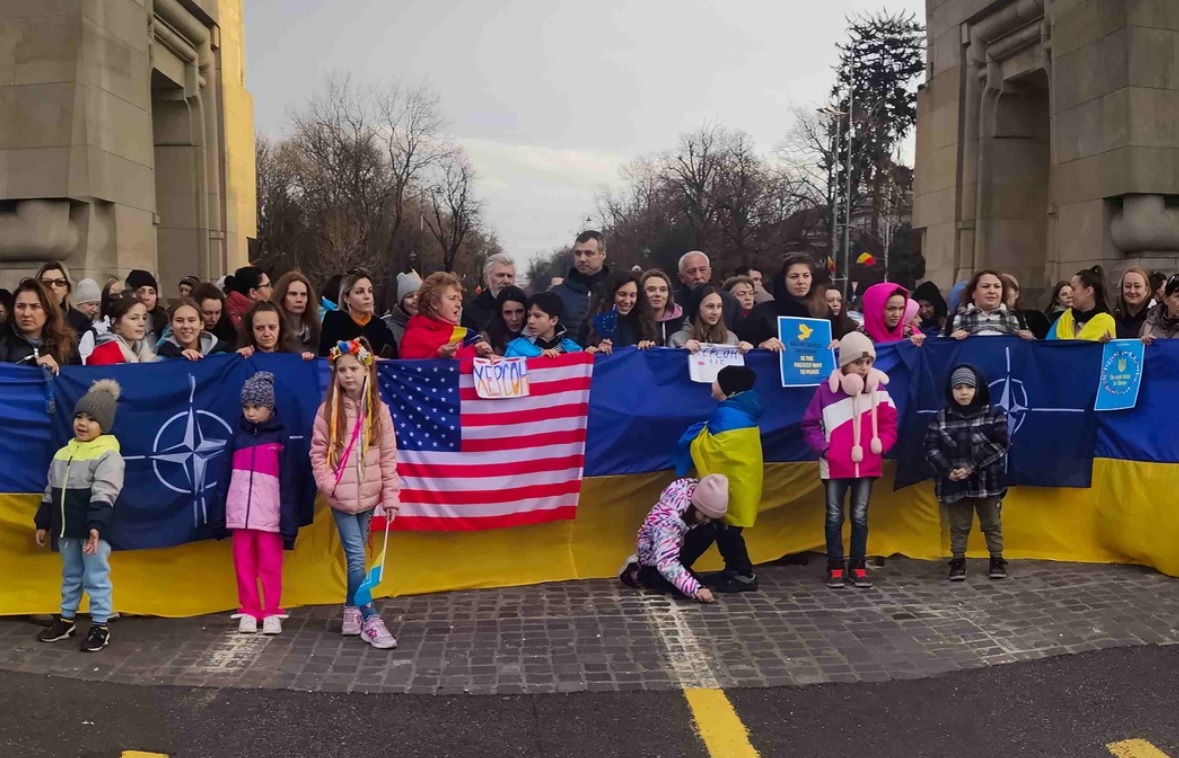




5 comentarii
Costin Andrieş
31 august 2015un comentariu interesant:
http://forum.softpedia.com/topic/1029318-refugiathi-sau-soldathi-pareri/page__st__846#entry17772242
Vieața e complexă
31 august 2015O ipoteza care nu poate fi exclusa (ipoteza din “comentariul interesant”… nu altceva…). Si eu m-am gindit la ea. Acum, ca sa fim sinceri, atit Putin, cit si Erdogan, cit si Tsipras aveau motivele lor personale sa “le-o traga” europenilor. Si daca tot e sa dai cu parul in Europa, dai in motorul ei, Germania, nu in vreo roata de rezerva sau in remorca cu romani si bulgari.
Iar plecarea (navalire, ce mai) in masa a refugiatilor seamana grozav cu navalirile minerilor din Valea Jiului in(spre) Bucuresti. Pentru ca si in cazul minerilor, ca si acum, “O mână de agenți care stăpâneau bine sforile manipulării, …, au ațâțat câteva sute de tineri mai rebeli, mai curajoși,…”.
Nu pleaca sute de mii de oameni in acelasi timp si spre aceeasi destinatie aflata la mii de kilometri distanta in mod spontan, fara coordonare si fara sprijin logistic.
In sprijinul afirmatiilor mele mai declar ???? urmatoarele:
I-ati vazut pe Putin si pe celalalt baiat, nu reusesc deloc sa-i retin numele, in vacanta la Soci? Relaxati, fara griji, gym, body building, barbecue, masa bogata, ciocnit cesti cu ceva tare probabil (rusii beau vodca din cesti de portelan chinezesc?), spargindu-se de ris la un moment dat?
Mie mi s-a parut o chestie cu un mesaj foarte explicit adresat Europei. Ceva de genul: “Si ce ziceti ca mai faceti voi, dragi parteneri europeni? Probleme? Multi imigranti? Parca am auzit ceva, am vazut si niste imagini la tv… E, lasa ca va descurcati voi, ca sinteti baieti destepti. Take care! Va imbratisam cu acelasi drag. Si nu uitati sa mentineti si sa intariti sanctiunile, da? Hahahahahaaa… Noi? Eh, un pic de vacanta, un barbecue, liniste, pace… Facem si noi ce putem. Hahahahahaaa…”
Acest mini-spectacol foarte straveziu destinat Europei seamana, ca mesaj-intr-un-gif, cu:
http://i1353.photobucket.com/albums/q665/B_Paulsen/Animals/Animated%20Animals/DeerEatingPopcorn_zpsfd6e6b38.gif
Costin Andrieş
31 august 2015Relativ la stirile tot mai multe care au inceput sa apara despre implicarea Rusiei in provocarea crizei migrantilor in Europa, un articol lung si foarte dens despre modul in care Rusia / Putin alimentaza Statul Islamic (ISIS), dar si despre alianta, sau conlucrarea reciproc avantajoasa, dintre Rusia si terorismul islamist (Al-Qaeda included).
Am extras cateva pasajele relevante despre legatura dintre Rusia / Putin si ISIS:
http://www.thedailybeast.com/articles/2015/08/23/russia-s-playing-a-double-game-with-islamic-terror0.html
nemo
31 august 2015eu nu zic ca putin n-ar niciun interes in criza asta cu imigrantii, dar tot el a pus-o pe Merkel sa zica ca-i iubeste mult si c-o sa ia 800.000 anul acesta ? Ca asta a alimentat mult si continua sa alimenteze fenomenul
Costin Andrieş
31 august 2015http://www.hotnews.ro/stiri-international-21156410-sua-sanctiuni-impotriva-doi-rusi-considerati-teroristi-internationali.htm